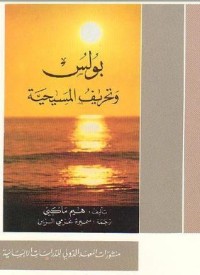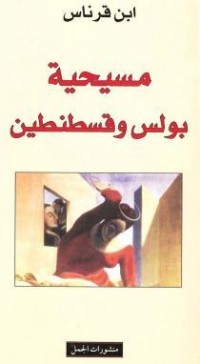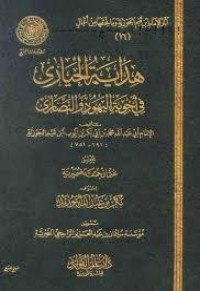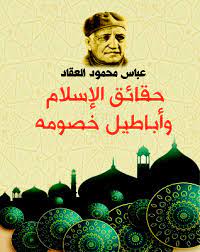
was in fact one himself, a devout Jew who believed he'd been chosen by God to overthrow Roman rule & reign as King of Israel; the earliest Xians didn't preach the divinity of Christ until Paul rejected the Torah & replaced it with a pagan myth of a dying & resurrected god. When it comes to asserting the Jewishness of Jesus, he stands on firm ground alongside most contemporary scholars. His work will probably strengthen the belief that Jesus was to some extent an anti-Roman political revolutionary, Paul a Hellenistic interloper. However, it's difficult to take seriously the charge that Paul "sought fame by founding a new religion" because he "was disappointed in his hopes of advancement." By making Paul out as a sort of carnival huckster, he ignores the apostle's religious profundity; by making of Paul a spiritual Svengali who misled many of Jesus' closest followers, he'll seem to some to be promulgating his own religious myth. His arguments simply confirm the observation that when it comes to the early years of Xianity, documentary material is so scarce & fragmentary that the few available texts can, & have, been used to bolster every conceivable viewpoint. Like other debunkers, he sometimes lets polemic get in the way of prudence; many of his assertions stand unsubstantiated by quote or other reference. A historical brief of questionable reliability--but undeniably fascinating. Elegantly argued, this should ruffle feathers for years to come.--Kirkus (edited)
was in fact one himself, a devout Jew who believed he'd been chosen by God to overthrow Roman rule & reign as King of Israel; the earliest Xians didn't preach the divinity of Christ until Paul rejected the Torah & replaced it with a pagan myth of a dying & resurrected god. When it comes to asserting the Jewishness of Jesus, he stands on firm ground alongside most contemporary scholars. His work will probably strengthen the belief that Jesus was to some extent an anti-Roman political revolutionary, Paul a Hellenistic interloper. However, it's difficult to take seriously the charge that Paul "sought fame by founding a new religion" because he "was disappointed in his hopes of advancement." By making Paul out as a sort of carnival huckster, he ignores the apostle's religious profundity; by making of Paul a spiritual Svengali who misled many of Jesus' closest followers, he'll seem to some to be promulgating his own religious myth. His arguments simply confirm the observation that when it comes to the early years of Xianity, documentary material is so scarce & fragmentary that the few available texts can, & have, been used to bolster every conceivable viewpoint. Like other debunkers, he sometimes lets polemic get in the way of prudence; many of his assertions stand unsubstantiated by quote or other reference. A historical brief of questionable reliability--but undeniably fascinating. Elegantly argued, this should ruffle feathers for years to come.--Kirkus (edited)
























